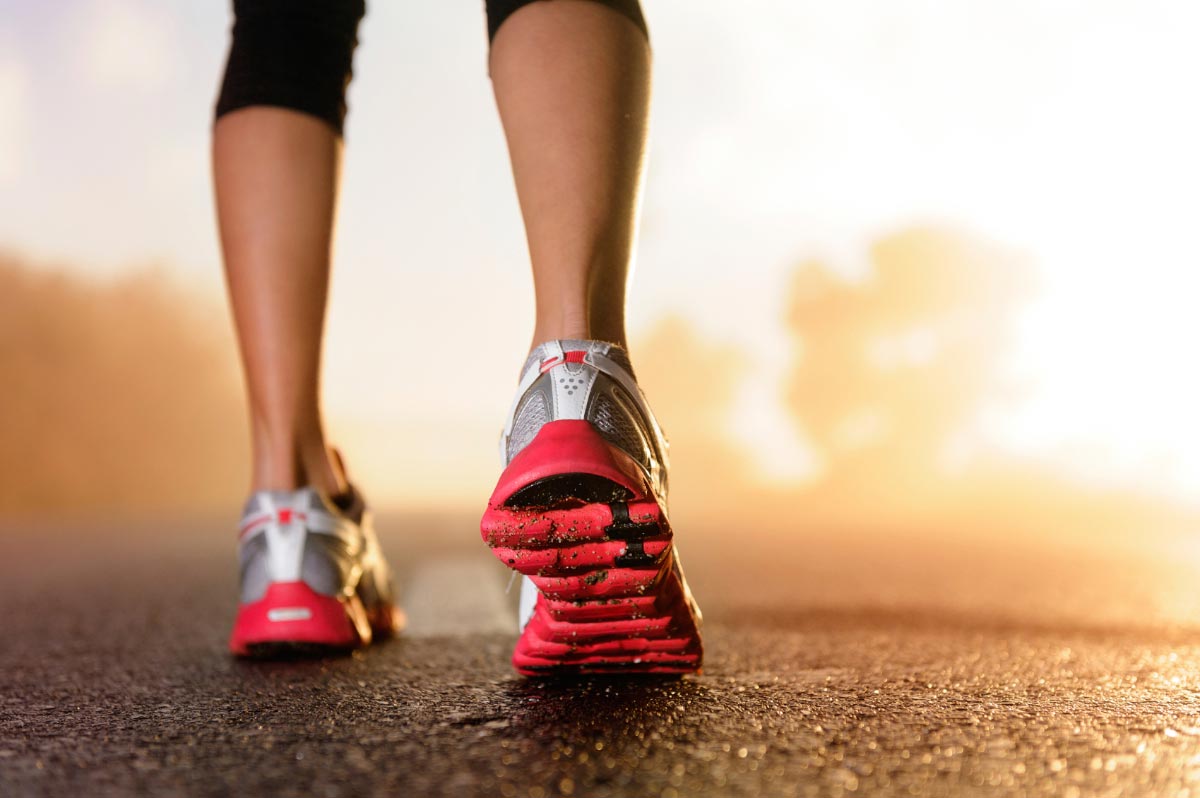Physical activity throughout older age linked to higher psychological well-being
12/17/2016 / By Amy Goodrich

Sure, you know exercise is good for you. It improves cardiovascular health, keeps your weight in check, slows down the aging process, and tones and strengthens your body. But have you ever noticed the increased feelings of happiness after working out?
Researchers studying the effects of exercise have consistently found a positive link between exercise and improved mood and mental well-being. These scientists, however, have racked their brains over the question whether happier people are more inclined to exercise or does physical activity result in a joyful, more optimistic mood and greater mental well-being?
“Researchers have long studied how physical activity can lead to improved mood and feelings of well-being, however, less well understood is whether being happy and optimistic might actually encourage a person to be physically active,” explained lead author Julia Boehm currently of Chapman University.
Do we exercise because we’re happy or are we happy because we exercise?
Most likely, well-being and physical activity go hand-in-hand, creating a bidirectional relationship where each element is incessantly fueling the other. However, a new large-scale study by collaborating researchers from the Chapman and Harvard University found that adults over 50 with positive emotions and great optimism were more likely to be physically active.
For their study, published in the journal Annals of Behavioral Medicine, the research team followed 9,986 adults over the age of 50. During the 11-year study, the volunteers were assessed up to six times. They were questioned about the frequency and intensity of their physical activity both at work and in their spare time. Based on these answers, the participants were placed into one of four groups: sedentary activity, low activity, moderate activity, and high activity.
Notably, the team found that the volunteers with the highest level of psychological well-being at the start of the study were likely to participate in higher levels of physical activity. Furthermore, they noted that people who displayed both high levels of psychological well-being and high levels of physical activity at the start of the survey were also more likely to stay active more than a decade later.
As stated by Julia Boehm, psychological well-being could be a novel way of not only enhancing mental health but also increasing physical activity which could lead to improved overall health of aging people.
A sound mind in a sound body
In recent decades, science has reaffirmed that moderate-to-vigorous physical activity is an essential aspect of preserving your physical and psychological well-being, reported Psychology Today. While we can no longer ignore the link between positive emotions and healthy behaviors, such as regular exercise, the question which one comes first remains unanswered. Essentially, this doesn’t really matter since we should all strive to increase our activity levels a bit more while trying to see the world through rose-colored glasses to create psychological and physical balance.
Honestly, there is probably no answer to this “chicken or egg” question. Once you get the bidirectional loop of positive emotions and physical activity running, regular exercise will result in an increase in psychological well-being, and vice versa. These findings should inspire you to improve both mental and physical well-being to help maintain a healthier lifestyle, which is a significant contributor to longevity.
Sources:
Tagged Under: active lifestyle, aging, exercise, health care, health news, longevity, mental health, middle age, physical activity, physical health, poor health, psychological health, psychological well-being, sedentary lifestyle., well-being




















